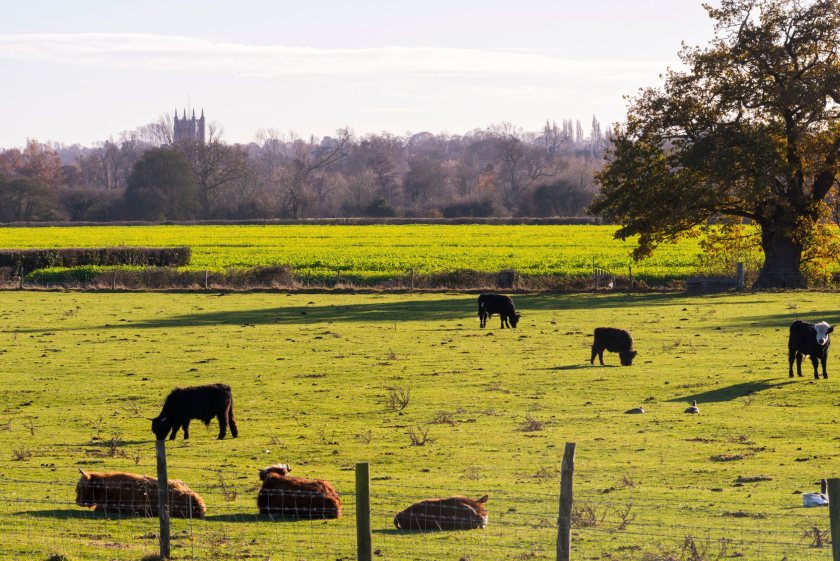
British beef exports could 'cease overnight' to the European Union if the government does not intervene with impending EU deforestation regulations.
With a looming deadline of 1 January 2025, the meat sector has slammed the government for 'doing nothing' to prepare for the new export requirements.
The European Parliament adopted the tougher regulations in June last year, allowing 18 months for companies to adapt.
The anti-deforestation law applies to beef, soy, palm oil, coffee, cocoa, rubber, wood and derivatives, including leather and furniture.
However, the British Meat Processors Association (BMPA) said evidence suggested that the UK government was "actively washing their hands of responsibility" and instead leaving it up to the industry to deal with the law change.
Without government involvement, the UK would have to halt beef exports to the EU, meaning 90% of the £580m British beef export market would 'cease overnight'.
This would in turn create an 'open goal' for competitor beef producing nations such as New Zealand, Argentina and the US, the BMPA warned.
It would also immediately crash the price of UK livestock, putting many farmers out of business and causing long term damage to Britain’s food security.
BMPA CEO, Nick Allen said: “We’ve seen presentations from competitor countries like Argentina who have created impressive, government backed systems to comply with the new EU deforestation regulation.
"They’re now poised to step in from day one to supply fully compliant beef into the EU and will be more than willing to take Britain’s slice of the market.
“As a government keen on fostering growth, Labour must take this seriously. We’ve written about the need for a joined-up, collaborative approach from government in our new Meat Industry Manifesto.
“These new requirements are now part of EU law. Whether or not they choose to delay the 1 January deadline, we will have to comply and we will need government to play its part.”
As all other countries inside and outside the EU are doing, the UK government would need to nominate a 'competent authority' to ensure full compliance with the new regulation. In the UK's case, that would likely be Defra.
The BMPA said British authorities should be talking to EU authorities to clarify the new regulations, communicate that to the industry and put the structure in place to manage compliance.
The body has written an urgent letter to Defra Farming Minister Daniel Zeichner laying out a solution that utilises existing UK traceability systems but, crucially, requires government to play its part.
